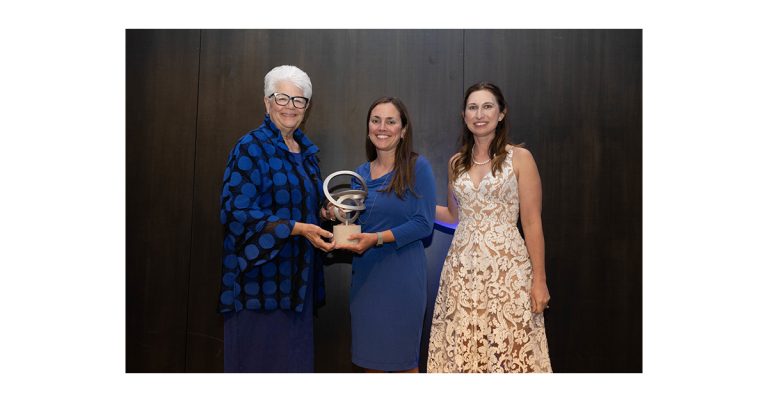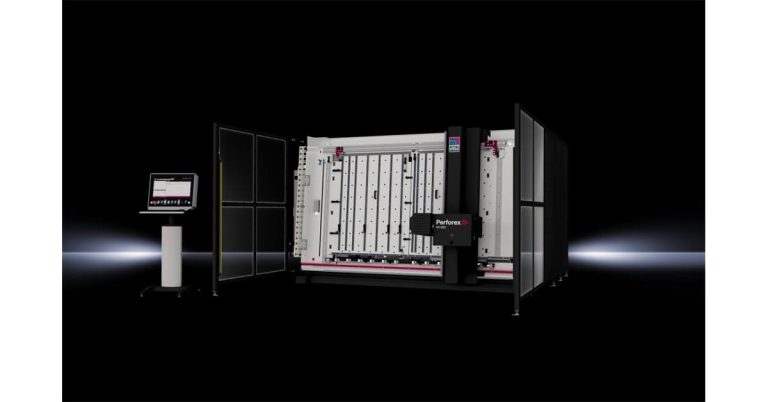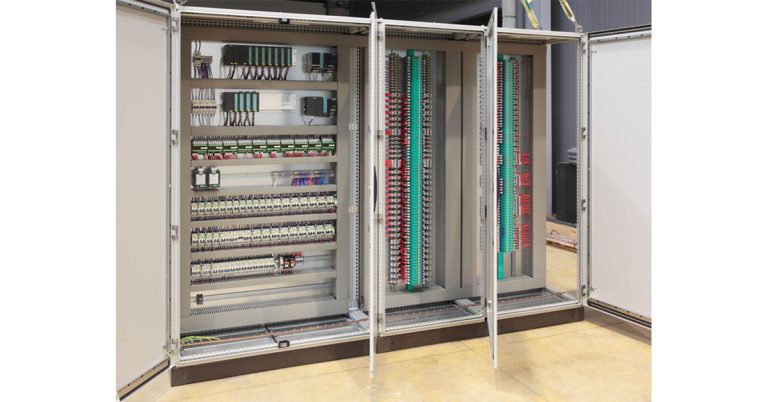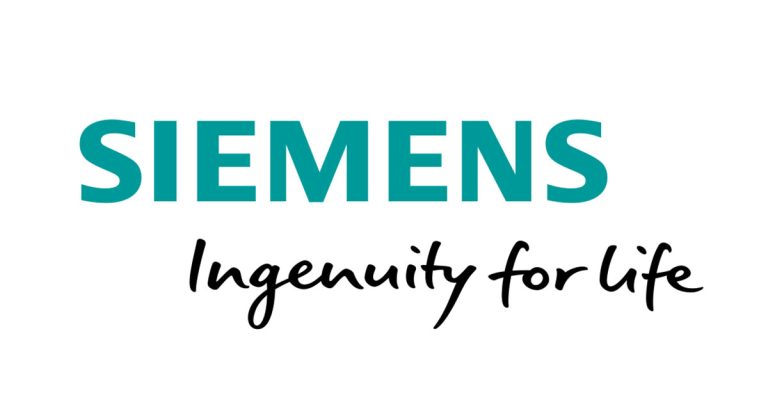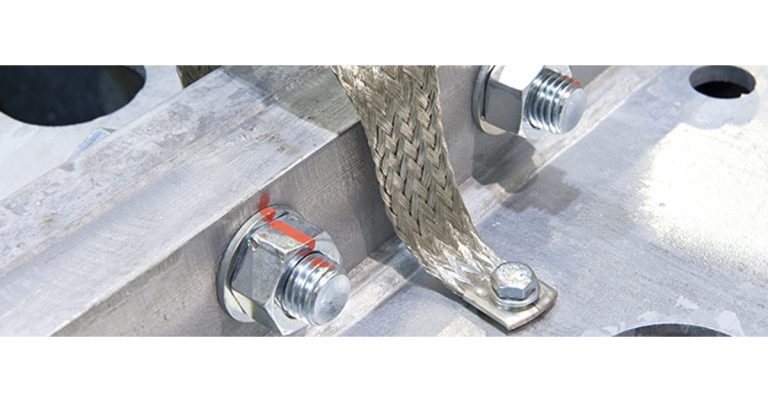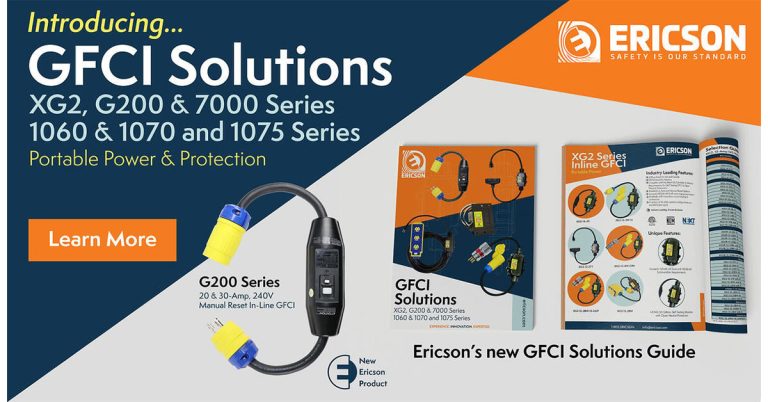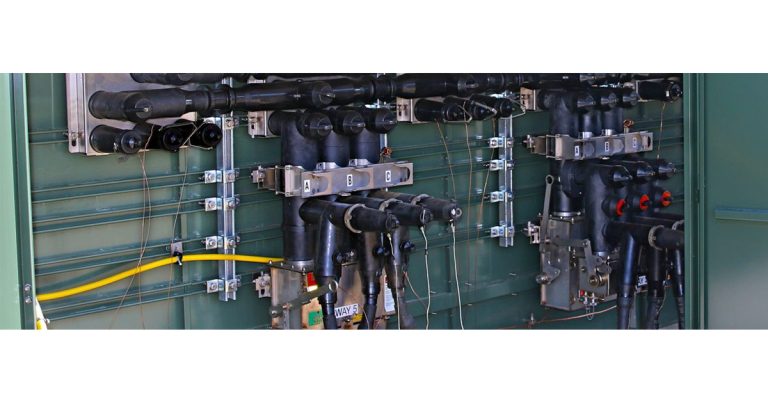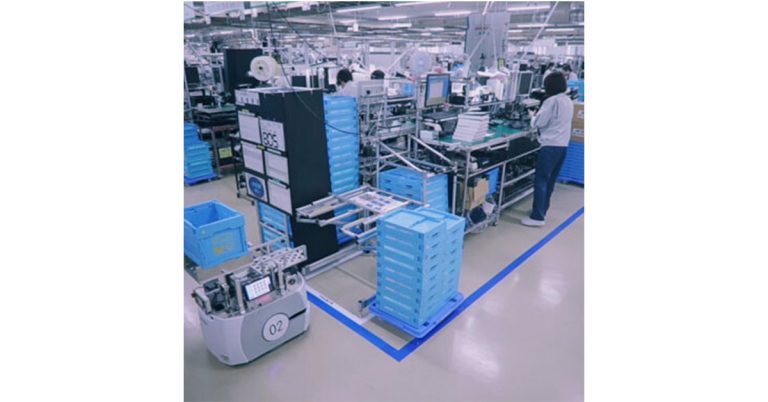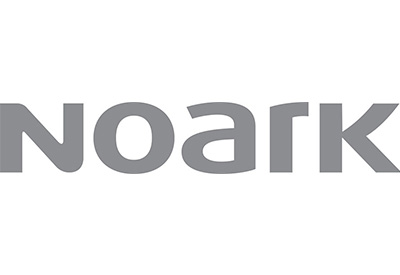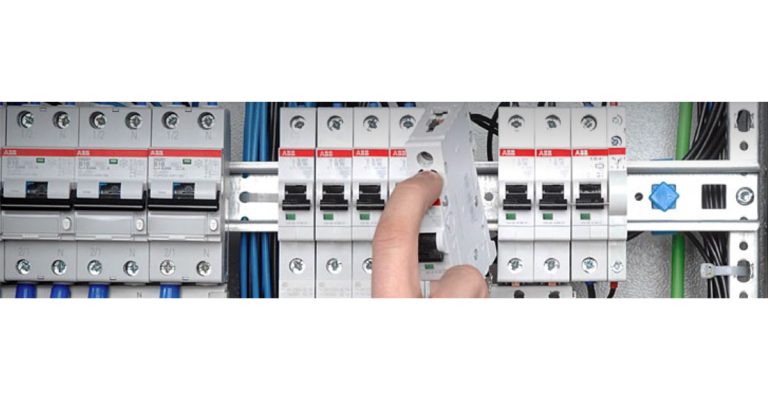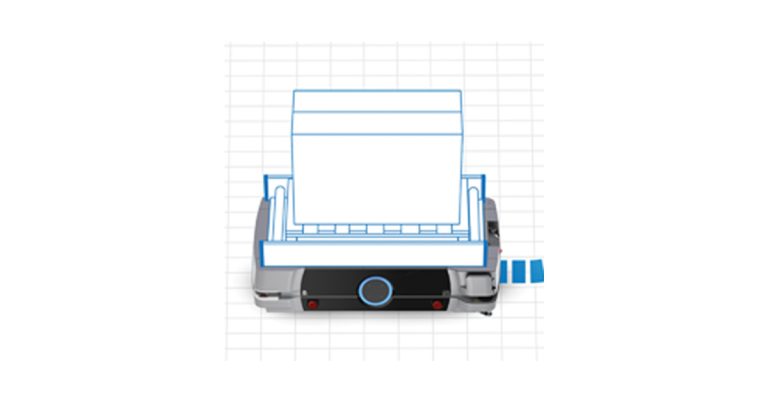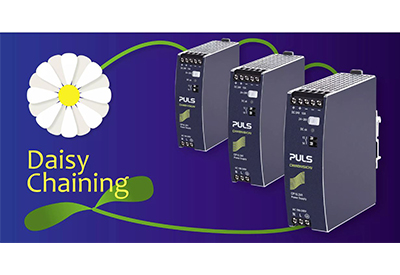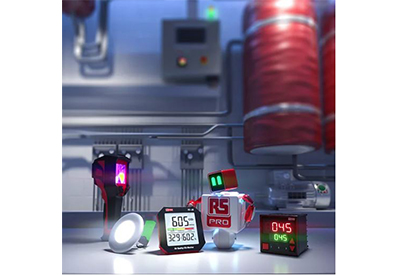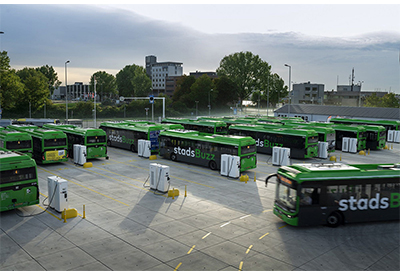Endress+Hauser, Indiana State University Collaborate to Support Students and Faculty
Endress+Hauser has received Indiana State University’s March On! Philanthropy Award. The award highlights Endress+Hauser’s collaboration with the school’s Bailey College of Engineering and Technology and Scott College of Business, along with donations to support students and faculty. During its annual President’s Dinner in November – a celebration of philanthropy and distinguished alumni – ISU lauded Endress+Hauser for its close work with the Bailey College of Engineering and Technology in creating opportunities for students through internships that progress into full-time positions.

